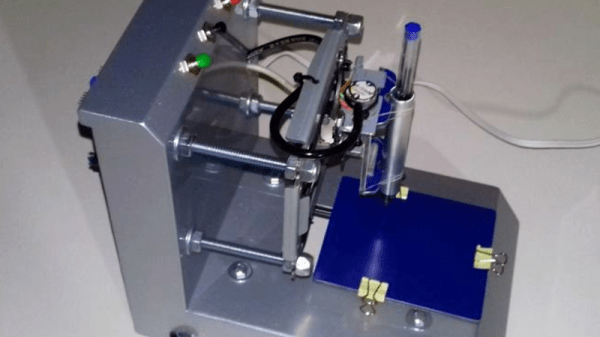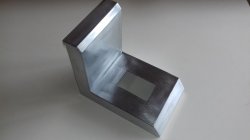If you live in a city with poor air quality you may be aware that particulates are one of the chief contributors to the problem. Tiny particles of soot from combustion, less than 10μm across, hence commonly referred to as PM10. These are hazardous because they can accumulate deep in the lungs, wherein all kinds of nasties can be caused.
There are commercial sensors available to detect and quantify these particles, but they are neither inexpensive nor open source. [Rundong] tells us about a project that aims to change that situation, the MyPart, which is described as a portable, accurate, low-cost, open source air particle counter. There is a GitHub repository for the project as well as a series of Instructables covering the build in detail. It comes from a team of members of the Hybrid Ecologies Lab at UC Berkeley, USA.
Along the way, they provide a fascinating description of how a particulate sensor works. A laser shines at right angles across a photodiode, and is brought to a focal point above it. Any particulates in the air will scatter light in the direction of the photodiode, which can thus detect them. The design of a successful such sensor requires a completely light-proof chamber carefully built to ensure a laminar flow of air past laser and diode. To that end, their chamber has several layers and is machined rather than 3D-printed for internal smoothness.
We’ve covered quite a few environmental sensors over the years here at Hackaday. An open source volatile organic compound (VOC) detector featured last year for example, or this Raspberry Pi-based system using a commercial gas sensor.


















